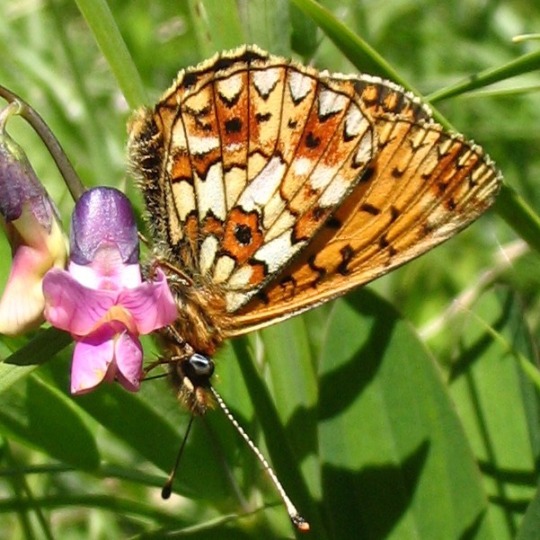#small pearl bordered fritillary
Explore tagged Tumblr posts
Note
https://scp-wiki.wikidot.com/scp-173
Por favor!
String identified: t #: C-173
ct Ca: c
ca Ctat c: t C-173 t t a c cta at a t. t t C-173' cta, ta 3 a t at a t a t t c t. At a t, t t ata ct ctact t C-173 t a a acat a c t cta.
ct: t t-19 1993. g a t . t ctct cct a a t tac a a at. C-173 aat a t t. T ct cat t a ct gt. gt t t at a t t C-173. ag t t cta a tct t at at g. ct t t attac ag t c at t a t , tagat. t t a attac, a t Ca 4 aa ct ctat c.
t cag t gatg t t cta t . T c a, a a cag t a t t t actg C t.
T tac t a cat c a . g t ata . T c t ca a - a.
Closest match: Boloria selene genome assembly, chromosome: Z Common name: Small pearl-bordered fritillary

#tumblr genetics#genetics#asks#requests#sent to me#scp#scp-173#scp 173#bugs#insects#butterflies#small pearl-bordered fritillary
453 notes
·
View notes
Text

Dieser kleinere Perlmutterfalter ist auf den Flügeloberseiten orange gefärbt und besitzt eine schwarzbraune Zeichnung. Am Flügelaußenrand sind pfeilförmige schwarze Winkelflecken sichtbar. Die Art fliegt in 2 Generationen pro Jahr (Mai bis Ende Juni / Mitte Juli bis Anfang September). In ungünstigen kühlen Gebieten kann auch nur eine Generation gebildet werden.

Die Flügelunterseiten tragen ein cremefarbenes Band und drei silberfarbene Flecken.
#Braunfleckiger Perlmuttfalter#Boloria selene#Schmetterling#Small pearl-bordered fritillary#Butterfly#Nature#Wild Life Germany
20 notes
·
View notes
Photo
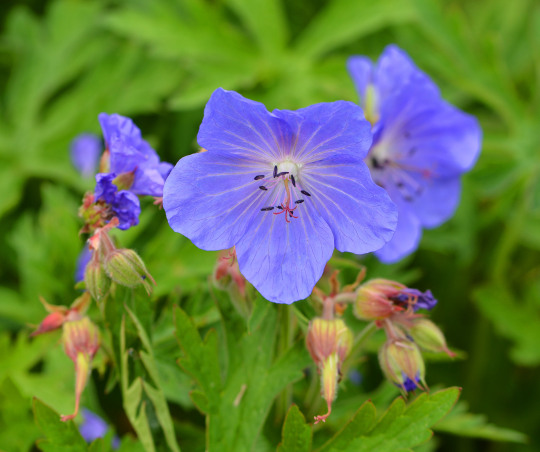
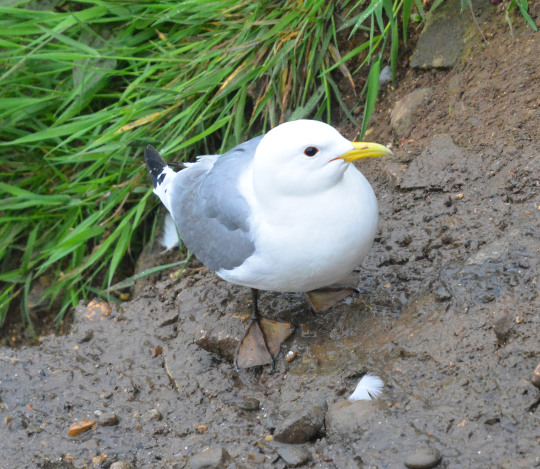
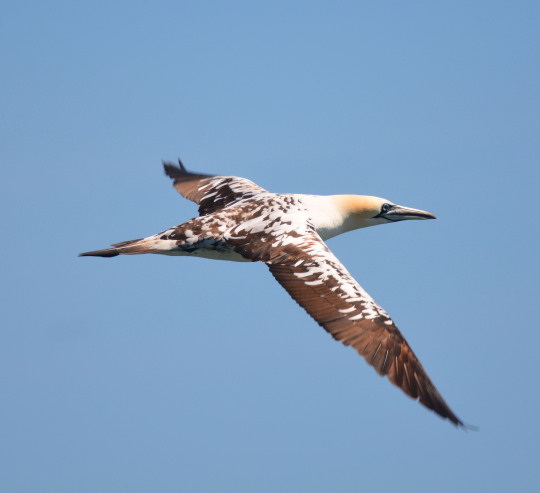
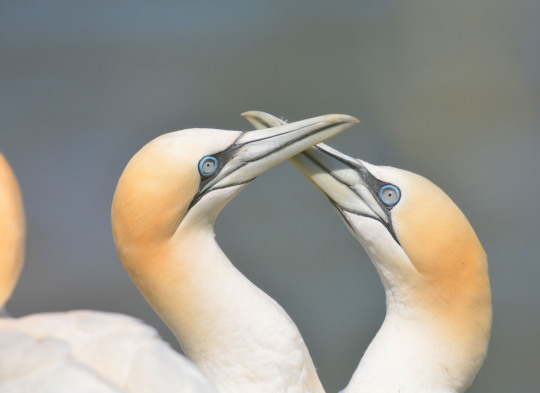
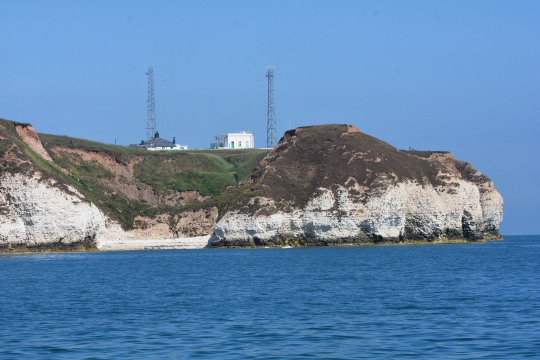
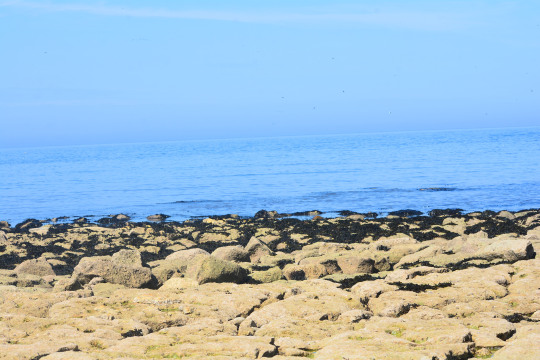
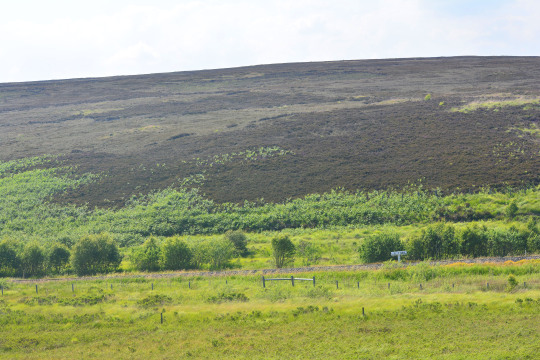
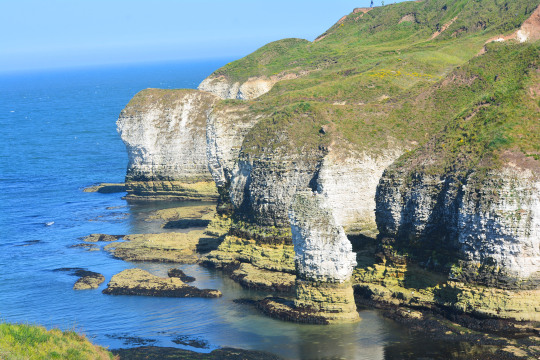
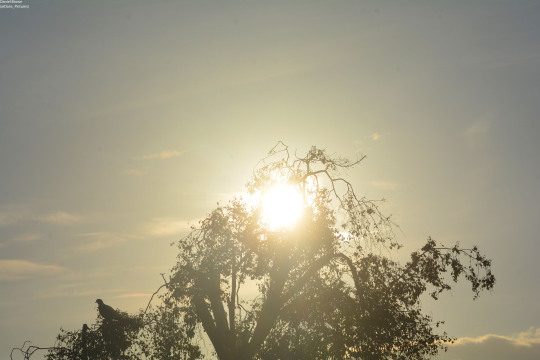
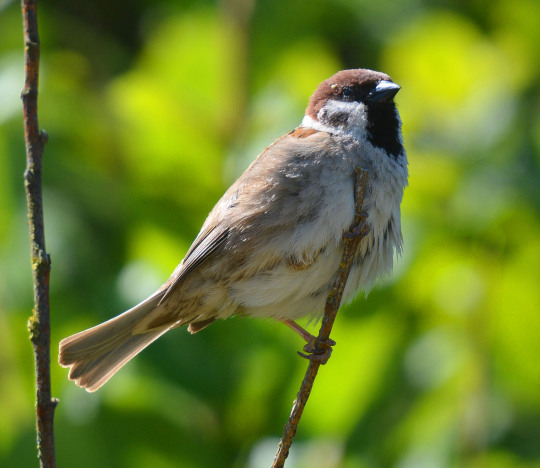
Looking back on an amazing week in Yorkshire a year ago this week. The photos I took a year ago in this set are of; meadow crane’s-bill at Flamborough North landing, Kittiwake at Bempton Cliffs, Gannet on a Flamborough Head/Bempton Cliffs RSPB boat trip, Gannets at Bempton Cliffs, views on the boat trip, Thornwick Bay, Fen Bog Nature Reserve, Flamborough Head and from the cottage we stayed at in the sun and Tree Sparrow at Bempton Cliffs.
Puffin, Guillemot, Razorbill, Fulmar, the famous Black-browed Albatross, Whinchat, Common Scoter, Corn Bunting, Swallow, Barn Owl, Small Pearl-bordered Fritillary, Red Admiral, Small Tortoiseshell, Harbour Porpoise, Grey Seal, heath bedstraw and chamomile were other highlights of the week; in which we enjoyed wonderful time at epic wild places seeing wildlife spectacles and species in unique and thrilling ways making many memories. It’s an interesting cycle at this time of June for me sort of riding the crest of the wave of our Anglesey holiday last week it’s important to remember holidays too for me (during the Yorkshire trip on here I was remembering the previous Anglesey holiday of 2021 as it was the same week), it’s interesting how much of the same feelings the three trips and other great wild adventures away from home in June gave me that great feeling of relaxation too and it doesn’t feel possible Yorkshire was a year ago already.
#yorkshire#england#uk#world#nature#happy#fen bog nature reserve#rspb bempton cliffs#flamborough head#photography#gannet#puffin#small pearl-bordered fritillary#red admiral#corn bunting#barn owl#whinchat#common scoter#kittiwake#fulmar#holiday#memories#look back#2022
2 notes
·
View notes
Text
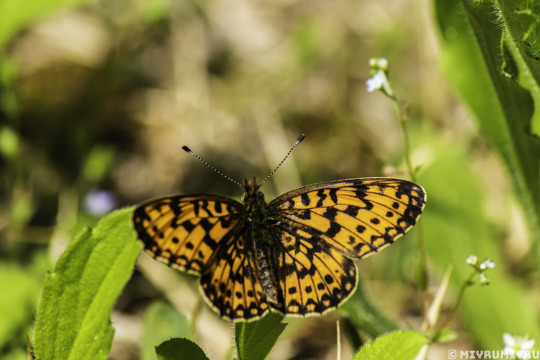
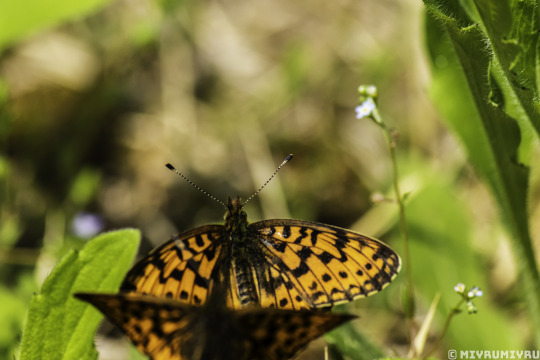
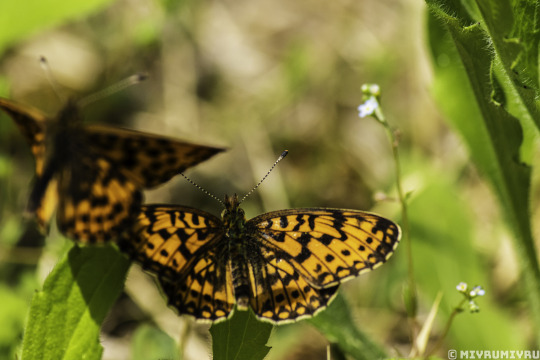
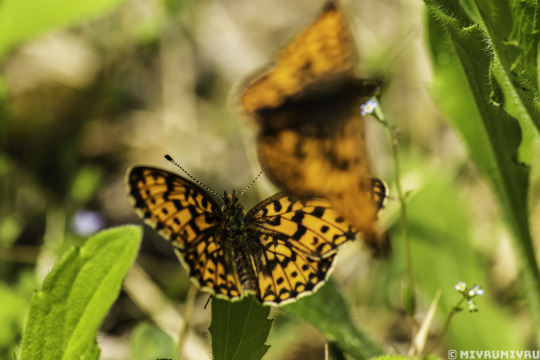
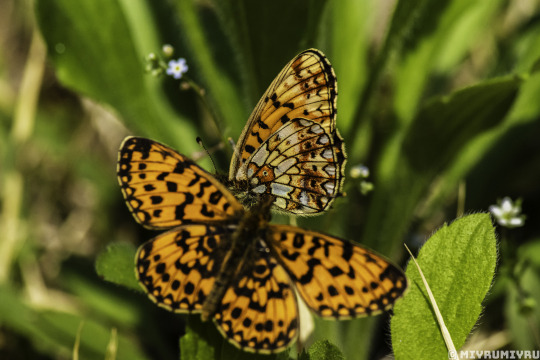
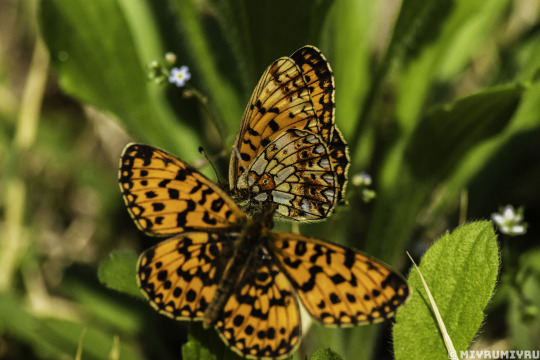
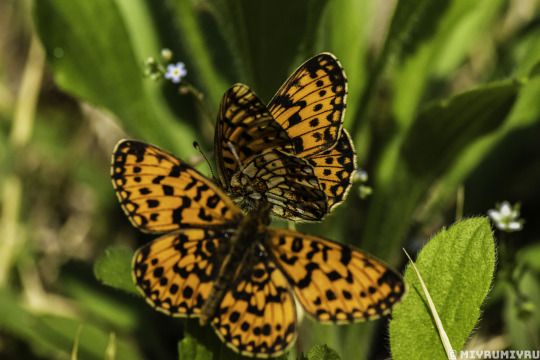
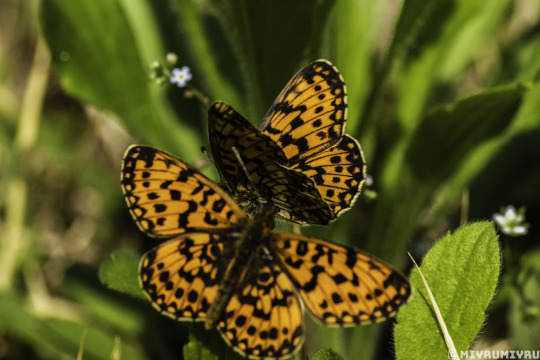
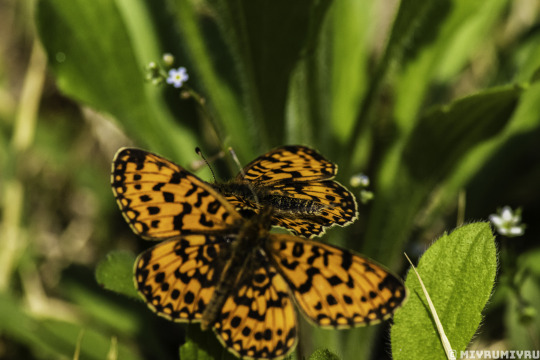
Superior buTTerfly -t-
Small pearl-bordered fritillary (Boloria selene)
#photographers on tumblr#my photography#original photographers#lensblr#photography#insect photography#wildlife photography#macro photography#nature photography#nature#naturecore#insect#butterfly#nymphalidae#bugblr#entomology#bullying#t pose#asserting dominance#orange#cute#april 25 2024#so precious#noai#no ai#no to generative ai
35 notes
·
View notes
Text
Butterflies and moths of Doriath
Flora, fauna, geography and environment Masterlist
As always I included world building notes at the bottom so it’s not just a list of species
There are hundreds of species of butterflies found throughout the region of Doriath. Though Tolkien abandoned the idea that butterflies, all originated in the Nan Tathren, which was written in the book of lost tales, I do like to headcanon that this remained a legend or folktale in universe
Note: there are so many species of insects, this unfortunately cannot be a complete list
Primarily Neldoreth: orange tip (outskirts), elm autumn moth, Aglia tau, silver washed fritillary, dotted border moth, brown tail moth, comma butterfly
Primarily Nivrim: Checkered skipper, purple hairstreak (found in Region too), green hair streak, large copper, white prominent moth, purple emperor, large tortoiseshell
Primarily Region: Holly blue, northern blue, oak lantern moth, bird cherry ermine moth, blotched emerald moth
Throughout Doriath: ghost moth, wood white, cranberry blue, green longhorn moth, Luna moth, peacock butterfly, ghost moth, lilac leafminer moth, paper moth, white Pearl moth, red admiral, Heath fritillary, light emerald moth
Forest edges and clearings: short tailed blue, pea blue, purple edged copper, small copper, speckled wood, green hairstreak, wal brown, scarce swallowtail, clouded Apollo, blue spot hairstreak, twin spot fritillary, Julia,
World building notes
-Butterflies and moths, as a whole are associated among the Sindar with transformation and cycles of life as they are in many cultures. They are also symbols of abundance, color and precision/agility. Different species and varieties will have more specific connotations, however
-Arthórien has rare, even rainforest butterflies due to the difference in temperature and rainfall. I will make a separate post for its butterflies!
-The gardens of Menengroth also have several species of rare butterflies not found elsewhere in Doriath. These are nurtured by Melian’s power.
-ghost moths are associated with spring and summer for their bright colors and emergence in warmer weather. Insects and flora have had a large influence on color and pigmentation in Sindarin practices, both as inspiration and material.
There are even practices of safely collecting the dust and pollen that collect on the wings and legs of insects; it is immensely time consuming and precise.
-Orange tips can be found on the sigils of certain Doriath nobles. Their image is sometimes used in Doriathrim fashion, especially in jewel and hair pieces made from wood or metal. Alder bark is typically used to create the orange color
It was from these species among others that pollination was originally studied by the Sindar of Doriath.
-The purple hairstreak is associated with twilight and the darker reaches of the forest. This is primarily for its color as like most species of its family, they tend to emerge mainly on sunny days. They feed mostly on oak trees. The name for this species in Ilkorin translates to butterfly of twilight.
Their almost shadow like appearance in flight makes them a favorite for artists who make prints and illustrate naturalist work!
-Wood whites are often associated with niphredil both for their color and their habitat.
Note: I always imagine Niënor wearing a hair piece or embroidery with this species during her time in Doriath
-Luna moths are highly associated with Melian and with Lórien. They symbolize night, dream, and desire and appear as motifs in a lot of later Sindar poetry and art
29 notes
·
View notes
Text
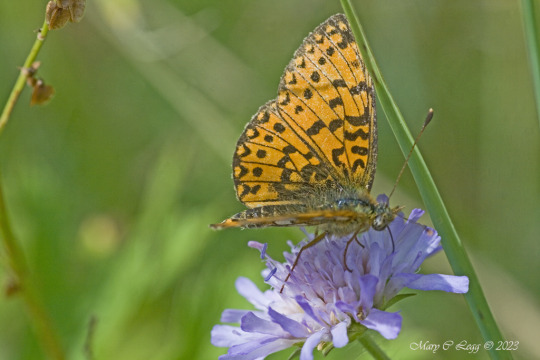
Small Pearl-bordered Fritillary, Boloria selene Canon 400D EF 100 2.8 f/5 1/500 iso: 200 Celakovice-Jirina, Czech Republic 6/24/2012
#SaveButterflies#butterflies#Fritillaries#brushfoots#Lepidoptera#insects#invertebrates#macro#grasslands#insectphotography#macrophotography#insect#canon
4 notes
·
View notes
Text
Butterflies 🦋


0 notes
Photo

Small Pearl Bordered Fritillary
Photographer: Karen White
32 notes
·
View notes
Photo










How well do any of us really know our favourite places? Even though we might have visited them dozens or perhaps even hundreds of times, we tend to follow the same paths, the same routes, and perhaps therefore miss entirely new experiences just a stone's throw away.
A case in point today. I went up Norman's Law, one of my favourite wee hills in Fife, but instead of just milling about the summit and then heading back (like I usually do) I carried on walking over the back of the hill, through a field and into a scots pine forest. To my surprise I found what must be the least coastal section of the Fife Coastal Path....winding its way through a beautifully green and verdant woodland. I explored for a bit, before opting to follow the path back in the general direction of Luthrie (where I'd parked the car). All new ground for me because like I say I normally just head straight back down the hill path to Luthrie.
Anyway, as I was walking along I failed to notice a red squirrel sat on a very bouncy branch in front of me. I only noticed it as it was leaping across the path, completely airborne, just feet away from me. Took my heart a wee while to recover from that! A few steps later and there was a beautiful pearl-bordered fritillary fluttering about, and peculiar wee sawflies sitting on the nettle leaves.
Once down at the Creich road I walked along the very quiet lane, and kept hearing a weird rasping call I couldn't quite place. Turns out it was a pair of whitethroats...which isn't a bird I've encountered very often, if at all. But as I walked further down the lane, that odd call rang out for the entire duration. Loads of whitethroats, loads of yellowhammers singing their 'bread and cheese' thing, and all the while with the very beautiful Creich church in the distance. Add to that an unexpected ruin to explore, and the fact that because of roadworks the lane was closed to traffic.....so was VERY peaceful....and it all adds up to a lovely afternoon!
If I'd descended down the normal route, the one I'd walked up via, I'd still have had a lovely afternoon.....but my walk was instead turned into something of a minor revelation as I found new places and new sights I never even knew were there. It's good to get off your well beaten track sometimes :)
#walking#Fife#Luthrie#Norman's Law#hillwalking#wildlife#nature#red squirrel#insects#sawfly#butterflies#small pearl bordered fritillary#River Tay#Creich#birds#whitethroat
28 notes
·
View notes
Text
"Beurre Volant?"
“Beurre Volant?”

queried a French boyfriend in 1966 when I was trying to teach him some English — that is probably when I first realized what a peculiar language we do speak! These are the butterflies we have seen in Wales recently, they are called, in Welsh gloyn byw, living glove — not much more sensible!
It has been a warmer, sunnier spring and early summer this year and we seem to have seen more blues…
View On WordPress
#Common Blue#Large Skipper#Meadow Brown#Peacock#Red Admiral#Small green hairstreak#Small Heath#Small Pearl Bordered Fritillary#Wall Brown
0 notes
Photo

Small pearl-bordered fritillary by ErikVeldkamp http://ift.tt/2iw1KEq #macro
1 note
·
View note
Text
Round up of my wild week: 7th-14th May 2023
My insect year really stepped up a notch this week, with two specialist butterfly days where we saw some brilliant species; seeing Small Copper, Dingy Skipper, Grizzled Skipper and Green Hairstreak at Martin Down last Sunday and Pearl-bordered Fritillary and Grizzled Skipper again today at Bentley Wood. It was powerful to watch these stunning and beautiful butterflies and I felt so excited to be cruising into the butterfly spring especially in strong bits of weather in a changeable outlook of late. I also saw Small Copper at Lakeside which was great on Tuesday and across the week common species including Holly Blue, Orange Tip and Green-veined White I saw has underlined being in butterfly days of late. A White-shouldered House moth at home alongside today’s Speckled Yellow moths and ones seen that I couldn’t see for long enough to identify at Lakeside on Tuesday and Bentley Wood today made it a good moth week as well.

A delightful Dingy Skipper at Martin Down
Damselflies and dragonflies excitingly came into my year this week with a string of sightings particularly from Friday onwards seeing my first Blue-tailed Damselfly of the year at Lakeside that day, my first Large Red Damselflies and Common Blue Damselflies of the year at Brownsea Island and Blashford Lakes respectively yesterday and alongside more Large Red Damselflies my first dragonfly of the year in the dazzling Broad-bodied Chasers at Bentley Wood today. An Oak Eggar moth caterpillar was good to see at Pennington on bank holiday Monday, with snipe fly at Bentley Wood and Martin Down and a lovely Bloody-nosed beetle seen at the latter other great moments. A quirky other wildlife to the main things I watch highlight this week has been a few sightings of the terrapin at Lakeside on lunch time walks.
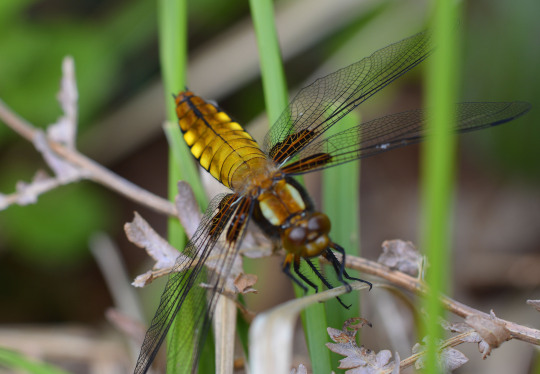
Broad-bodied Chaser at Bentley Wood today
It was also another amazing week of birds packed full of stunning experiences. Finally seeing a Cuckoo at Martin Down (as posts last weekend explained, I’d heard them there a lot there over the time we’ve been going but hadn’t seen one there until last week) and hearing one at Bentley Wood today, a sensational experience seeing my second Long-billed Dowitcher of the year one coming into delicious summer plumage at Pennington on Monday and epic views of bright Willow Warbler and my first Tree Pipits of the year at Bentley Wood today were thrilling moments. There was also a phenomenal day we had at Brownsea Island yesterday, having a breathtaking experience of observing so closely the Sandwich Tern and Black-headed Gull colony with Common Terns around too. A fair few Bar-tailed Godwit and intimate views of Shelduck and Oystercatcher one I saw well at Pennington on Monday too as well as views of Canada Goose and Greylag Goose goslings and Mallard ducklings (a key theme of my Lakeside walks again this week with these three species) were other highlights at Brownsea. The big point of my Lakeside week was seeing the Great Crested Grebes on nests for the first time this year which is exciting. Swifts have been a great constant throughout my week again. It’s been interesting to see a different set of birds at home this week with Jackdaw, Magpie and Woodpigeon prominent in ones seen at home with the two corvids coming into the garden which they don’t often do.
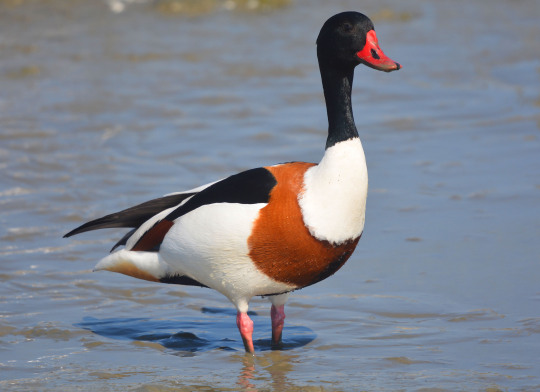
One of my Shelduck photos on a mesmerising day on Brownsea yesterday, the great access to close views of birds and many shots taken led me to producing over one hundred photos, the most I’ve ever produced in a day together with some in the brief Blashford call in and at home.
Finally onto flowers where big revelations of my week were stunning views of early purple orchids including rare white and exquisite chequered pale ones at Martin Down on Sunday, my first ever greater celandine at Lakeside on Wednesday and my first yellow pimpernel of the year at Bentley Wood today a precious little one. Speedwell, greater stitchwort, a wealth of herb-Roberts, oxeye daisies coming into my year on walks nicely, plantain, red campion at Lakeside, ground ivy, bluebells, garlic mustard and seas of cow parsley were other highlights this week.

Hawksbeard at Lakeside on Friday, another good one to see.

Speckled Wood at Lakeside on Friday

This Avocet was another good wader to see at Pennington on Monday.
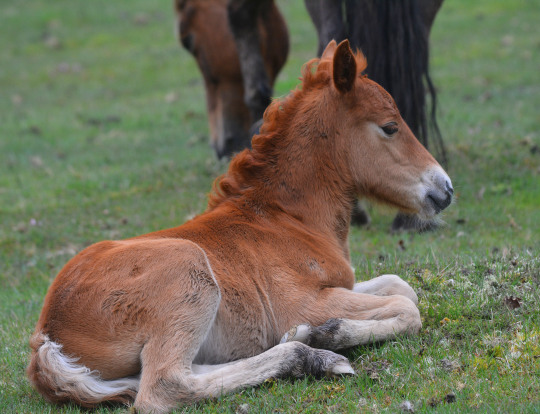
I couldn’t forget seeing New Forest Pony foals, my first of the year, on the way home from Pennington on Monday, a sight I love at this time of year.

Changeable weather this week brought me one of my favourite landscape and sky features of the week on Thursday evening, a fantastic rainbow.

A beautiful view on the wonderful Brownsea Island yesterday.
#cuckoo#long-billed dowitcher#swift#dingy skipper#broad-bodied chaser#pearl-bordered fritillary#grizzled skipper#small copper#green hairstreak#orange tip#green-veined white#photography#birdwatching#happy#blue#sky#sun#rainbow#brownsea island#bentley wood#blashford lakes#martin down#pennington#fishtail lagoon#winchester#eastleigh#england#lakeside country park#lakeside#flowers
1 note
·
View note
Text

















Casual dandelion sniffer 𖡼💛(◕⁁◕)💛𖡼
(M) Small pearl-bordered fritillary (Boloria selene)
Common dandelion (Taraxacum officinale)
#photographers on tumblr#my photography#original photographers#lensblr#photography#insect photography#wildlife photography#macro photography#nature photography#nature#naturecore#nature gif#insect#butterfly#nymphalidae#bugblr#entomology#flower photography#dandelion#flower#orange#yellow#april 25 2024#so precious#many photography of orange angel#awesome#noai#no ai#no to generative ai
46 notes
·
View notes
Text
Flora, Fauna and Environment of Nan Tathren
I’ve been really enjoying my Flora, Fauna and Environment of Arda series and I wanted to do some smaller locations and ecosystems as well as more larger regions that I constantly go back and add more to. These will include both smaller parts of the areas I’ve done and new ones
(I’ll continue to do larger areas too and I’ll take requests for any and this includes the Barad Eithel request I got awhile back, I’m so sorry for the delay!)
Nan Tathren, “valley of willows”, is a vale in mid Beleriand where the River Sirion met its largest and Southernmost tributary, the river Narog. It was South of the gates of Sirion and north of the Havens. The Power of Ulmo was strong here even after Nirnaeth where the area was roamed by orcs.
In The Book of Lost Tales, it was said that all butterflies came from Nan Tathren and though this was discarded as canon, the flowery meadows of the vale were said to have lots of butterflies.
The climate was likely warm temperate with little snowfall despite seasonal changes. This was due to the influence of Ulmo who shielded the valley from harsher weather. This meant that there was something of a protective sheen around the vale with some notable differences within its borders to the surrounding regions.
The trees of Nan Tathren are not close or crowded together and elf, orc or other creature alike can easily wander through the more forested areas. Weeping willows, musk willows, and white willows as well as common and Engler’s beech trees and common ash make up the highest number of trees in the vale
In the meadows grow a wide variety of wildflowers and herbaceous plants that are home and nutrients to the many butterflies of the valley; the Apollo butterfly which feeds on white stonecrop, swallowtails which feed on rue and fennels, female orange tips with common dogwood violet, small tortoiseshell and common nettle, scarce fritillary and honeysuckle, speckled wood with annual meadow grass, dusky meadow brown, silver studded blue and rockrose, mother or pearl blue and woundwort, and green hairstreak with blue vetch, peacock butterfly with willow, dandelions and danewort, poplar admiral with poplar and aspen, clover and cape broom.
During the nighttime, moths flutter over the fragrant meadows feeding from their various sources; magpie moth with red current, meadow sweet button with meadowsweet, blood vein and sorrel, barred yellow with dog rose, common marbled carpet with strawberry,
There are more of course, this is only a small selection!
Fish are abundant in the crossing of Sirion and Narog. Marbled trout, common minnow, spiny loaches, grayling, asper, and other, stranger creatures that aren’t known to modern earth are in the protection of Ulmo’s power here. As I believe exist throughout Arda (and is supported by Tolkien’s description that ‘all creatures that ever walked the earth and many that did not’) there are species that no longer exist on earth today. Perhaps Paleoparadoxia find safety in the deep waters where the tributary meets Sirion.
Larger animals are rare here and usually only pass through, adding to the feeling and description of the vale as desolate but peaceful. Larger mammals do occasionally enter the valley to drink from one of the many clear pools along the river. Roe and fallow deer and elk cross along one or two of the fords, timber wolves shelter under the willows after an unsuccessful hunt, strange okapi like creatures blend into the trees as they sip from the water.
Smaller mammals do make their home in the valley more permanently as do birds.
Field mice, garden dormouse, flying squirrel, water vole, pine voles Kogaionon, smaller species of gray foxes, Vulpavus, the occasional Rhizosmilodon, tayra, and species of hedgehogs.
Greenish warbler, willow warbler common firecrest, dusky thrush, black and green woodpeckers, spotted nutcracker, common kingfisher, ural owl, and marbled teal being some examples of birds along with a few giant swans that take sanctuary in the reeds of the slower sections of the river,
Spiny newts, brook salamander, midwife toad, agile frog, along with wood turtle, striped neck terrapin, snake eyed lizard and green meadow snakes.
20 notes
·
View notes
Text

Small Pearl-bordered Fritillary, Boloria selene Canon 400D EF 100 2.8 f/5 1/500 iso: 200 Celakovice-Jirina, Czech Republic 6/24/2012
#Fritillaries#Nymphalidae#lepidoptera#SaveButterflies#Butterflies#insects#invertebrates#Macro#grasslands#insectphotography#macrophotography#insect#canon
2 notes
·
View notes
